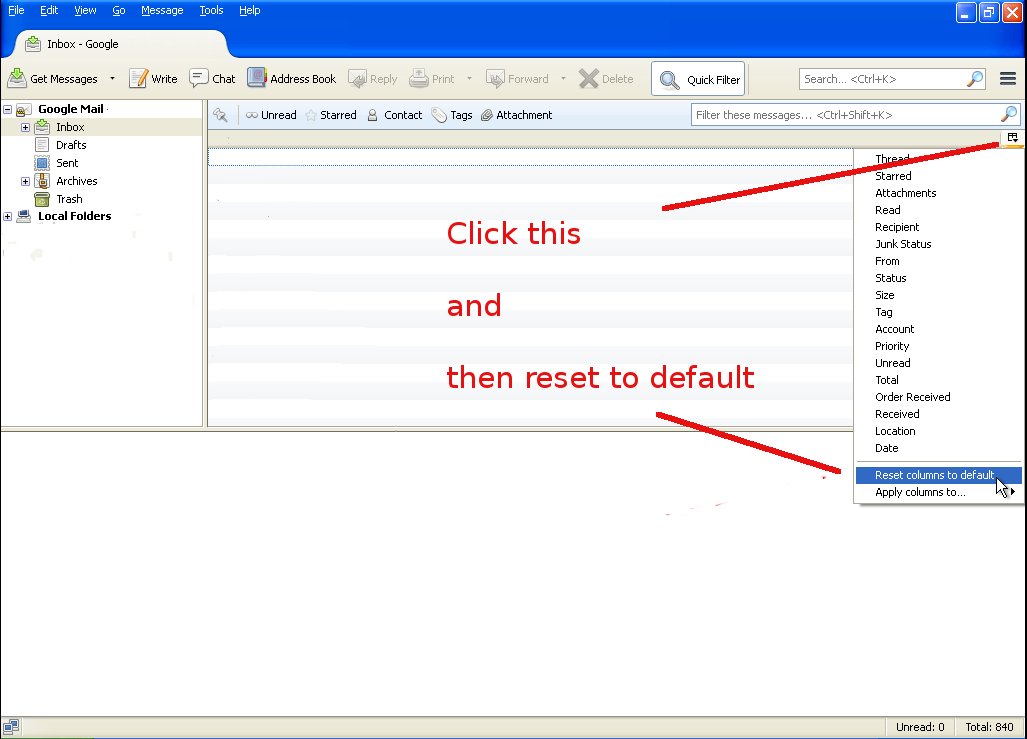Was installing the very interesting ResourceSpace package for a client and the client domain names use “-” in the domain part. They also have the non-dashed version too which redirects to the dashed version. There is nothing wrong with having dashes in the host section of a URL as long as it is not the first character.
The install broke because of the dash and the problem is that the PHP filter_var() function is fine with an underscore in the domain name but not a dash thus filter_var(“http://www.bad_example.com”, FILTER_VALIDATE_URL)) will be true even though it’s an invalid domain name but filter_var(“http://www.good-example.com”, FILTER_VALIDATE_URL)) will be false even though it is valid.
There is not really much to do here other than upgrade PHP to the precise version that fixes this and on my development server I am at 5.3.2 but that’s not working and I’m not going to deviate from the Parallels packages for this. Also if you are on shared hosting you are not going to easily demand the hosting company fix this one bug.
So you are going to have to go into the install script and comment out the filter_url() code or alter the user provided URL to swap the “-” to a character that is always valid and swap the “_” to a character that is always invalid no matter if the filter_url() is good or bad.
So I created a “testbaseurl” from the “baseurl” and tested that rather than the original,
$testbaseurl = str_replace(parse_url($baseurl,PHP_URL_HOST),
str_replace(array("_", "-"), array("^", "x"),
parse_url($baseurl,PHP_URL_HOST) ), $baseurl );
which you use instead of $baseurl thus in the ResourceSpace example in /pages/setup.php at about line 510 onwards set the file to,
//Check baseurl (required)
$baseurl = sslash(get_post('baseurl'));
//filter_var() is broken in certain PHP versions as it doesn't permit dashes in host but does
//permit underscore. Swap these to always legal or illegal characters. Don't use testbaseurl other
// than with filter_var()
$testbaseurl = str_replace(parse_url($baseurl,PHP_URL_HOST),
str_replace(array("_", "-"), array("^", "x"),
parse_url($baseurl,PHP_URL_HOST) ), $baseurl );
if ((isset($baseurl)) && ($baseurl!='') && ($baseurl!='http://my.site/resourcespace') && (filter_var($testbaseurl, FILTER_VALIDATE_URL))){
//Check that the base url seems correct by attempting to fetch the license file
if (url_exists($baseurl.'/license.txt')){
$config_output .= "# Base URL of the installation\r\n";
$config_output .= "\$baseurl = '$baseurl';\r\n\r\n";
}
else { //Under certain circumstances this test may fail, but the URL is still correct, so warn the user.
$warnings['baseurlverify']= true;
}
}
else {
$errors['baseurl'] = true;
}

